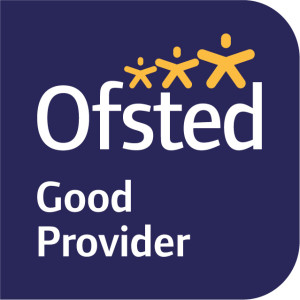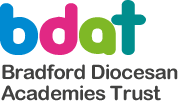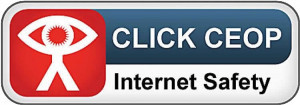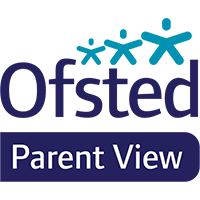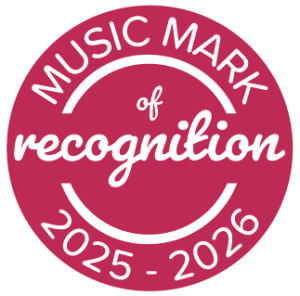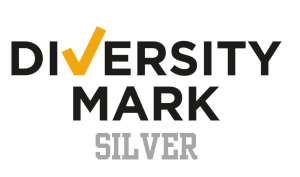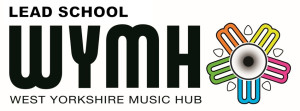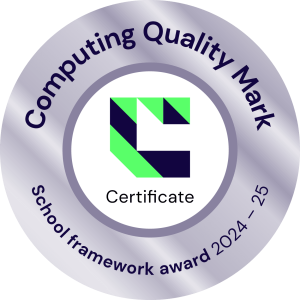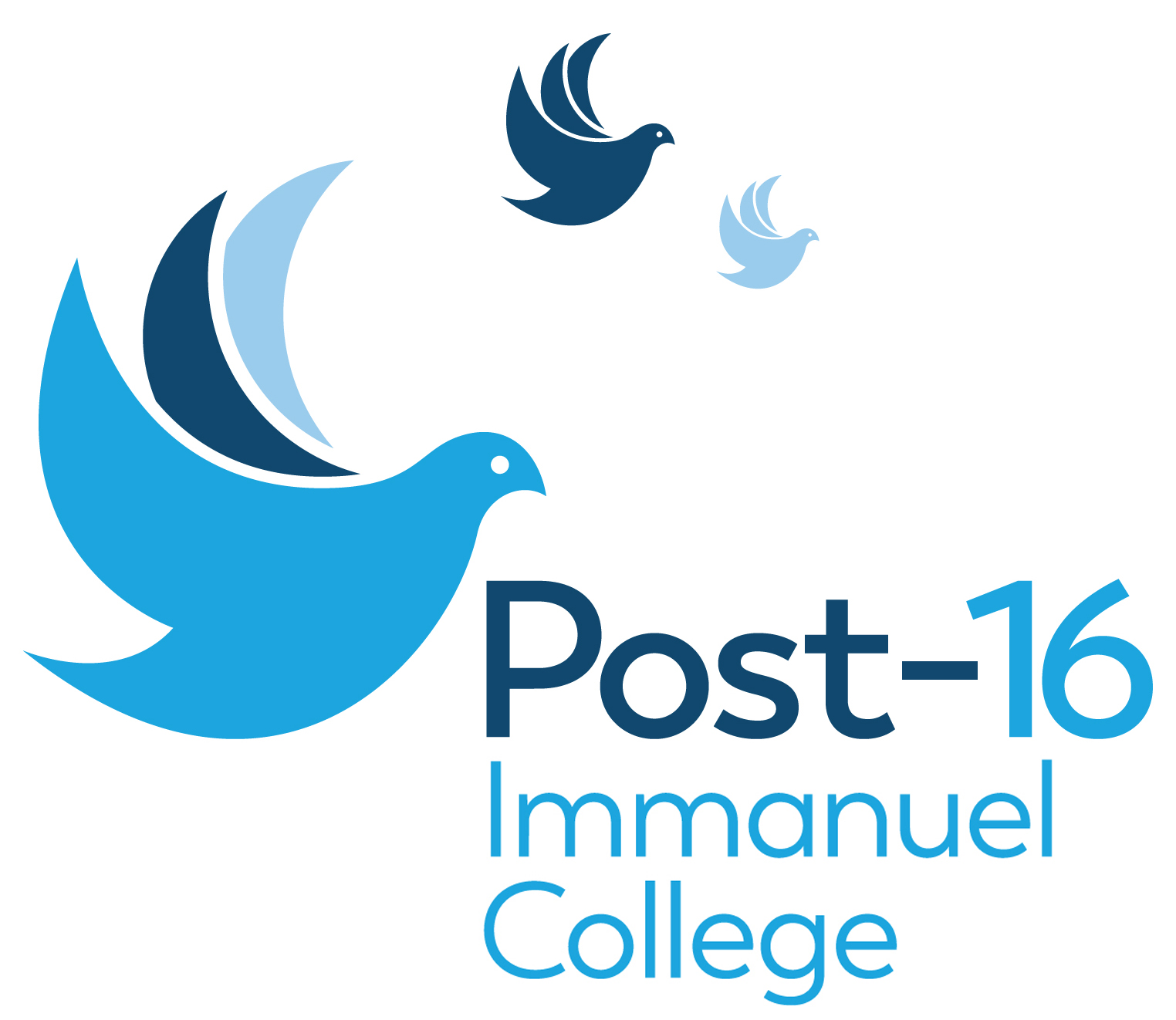
- Overview
- Welcome from the Headteacher
- Post-16 Team
- Admissions
- Post-16 Prospectus
- Subjects
- English Language & Literature
- English Literature
- Maths
- Further Maths
- Biology
- Chemistry
- Physics
- Applied Science (Applied General)
- Art
- Art: Textile Design
- Computer Science
- Criminology (Applied General)
- Data Analytics (Applied General)
- Drama & Theatre
- Economics
- Film Studies
- French
- Geography
- History
- Law
- Law (Applied General)
- Media Studies
- Music
- Music (Applied General)
- National Extended Certificate in Uniformed Protective Services (Applied General)
- Philosophy, Theology, Ethics - Religious Studies
- Photography
- Psychology
- Sociology
- Spanish
- Sport (Applied General)
- Technical Business (Level 3 - Extended Certificate)
- Travel and Tourism (Applied General)
- Hospitality (Level 2)
- Leadership through Sport (Level 2)
- Public Services (Level 2)
- Employability
- Maths and English GCSE Resit
- Student Leadership
- Results & Student Progression
- Trips & Opportunities
- Charity Work
- Facilities
- Enrichment
- FAQs
- Exams Information
- Go Higher West Yorkshire
Computer Science

Why choose this course?
Computer Science explores how computers and computational systems operate, combining creativity with logic and problem-solving. This course helps you develop programming skills, understand how hardware and software interact, and apply computational thinking to real-world problems. It’s ideal for students who enjoy mathematics, logic, and learning how technology underpins modern life.
What will you study?
Year 12
- Fundamentals of programming, data structures, and algorithms
- Computer systems including processors, memory, and storage
- Understanding data representation and software development methodologies
- Introduction to networking and databases
Year 13
- Advanced programming and problem-solving techniques
- Computational thinking and algorithm efficiency
- Developing a programming project (NEA) – designing and building your own software solution
- Theoretical topics including logic, data compression, and computer architecture
How will it be assessed?
Assessment is through a combination of written examinations and coursework:
- Computer Systems – written paper (40%)
- Algorithms and Programming – written paper (40%)
- Programming Project (NEA) – coursework (20%)
![]()
Computing Intent
We aim to create tailored curriculums that develop a high level of digital literacy in all our students ensuring that they have the confidence to approach any digital tasks.
In addition, we aim to equip all our students with a broad range of computing skills and knowledge and the understanding of enterprises in the ever-changing technological and enterprising world that they currently live in, instilling hope for their future. Additionally, we promote Christian values of perseverance and character that inspire students to engage positively in a diverse and inclusive future. Furthermore, we strive to provide the administration opportunities1 for students to express their creativity, problem-solving and develop their confidence that open new pathways that our students once thought were inaccessible supporting students to live up to the potential that God gave us2.
As all God’s children, we encourage students to make wise choices, promote goodness when interacting with the digital world allowing students to further demonstrate positive and character. Most importantly to provide students with the e-safety skills to analysis the content they are see online and interactions they have and make safe and well-informed and godly decisions that will protect themselves from any form of online harm and distress as well as using social platforms for social justice.
1 Romans 12:7-8 - 'The skill of administration is a practical tool for the service and help of others'
2 Ephesians 2:10 - ‘For we are God’s masterpiece. He has created us anew in Christ Jesus, so we can do the good things he planned for us long ago’
What next?
A Level Computer Science prepares you for a range of university courses including Computer Science, Software Engineering, Artificial Intelligence, and Data Science. It also provides a pathway into apprenticeships or careers in software development, systems analysis, web design, and cyber security.
